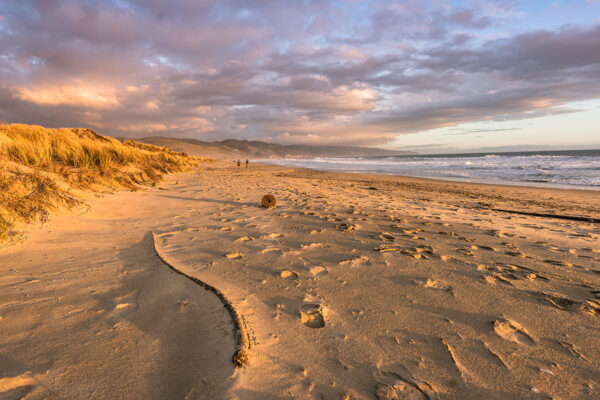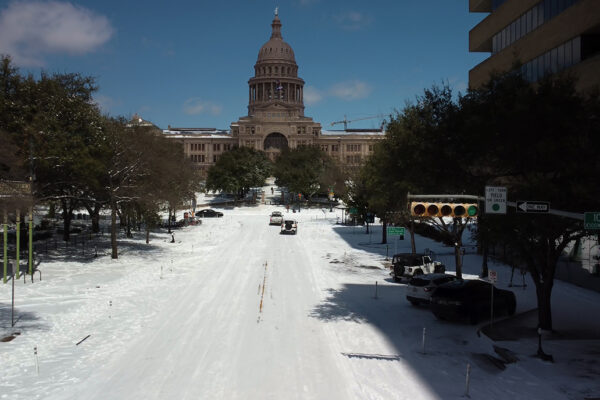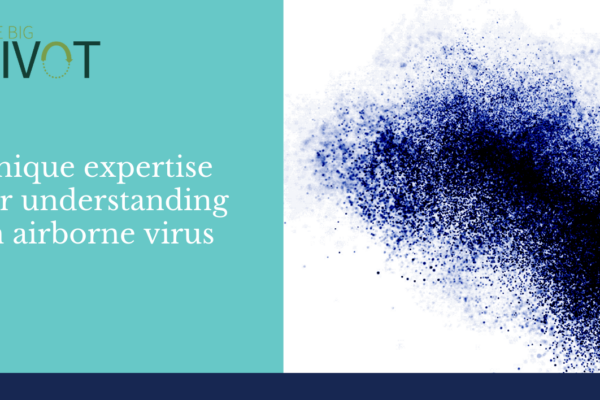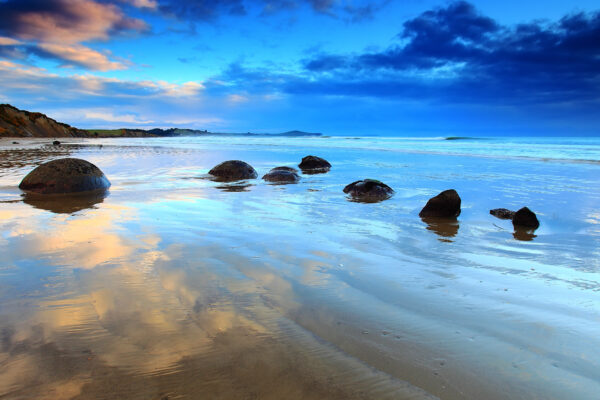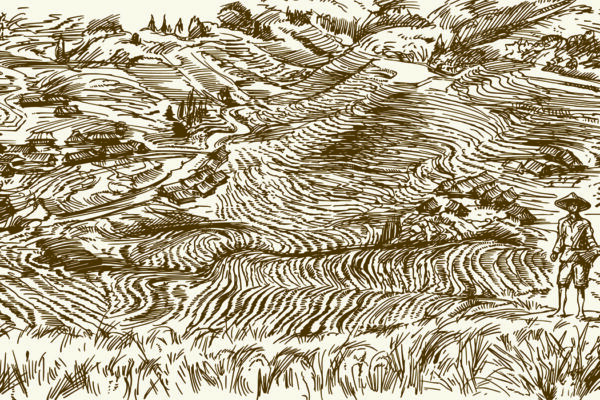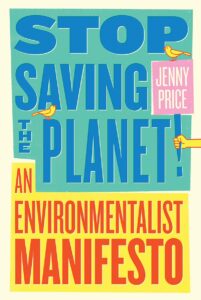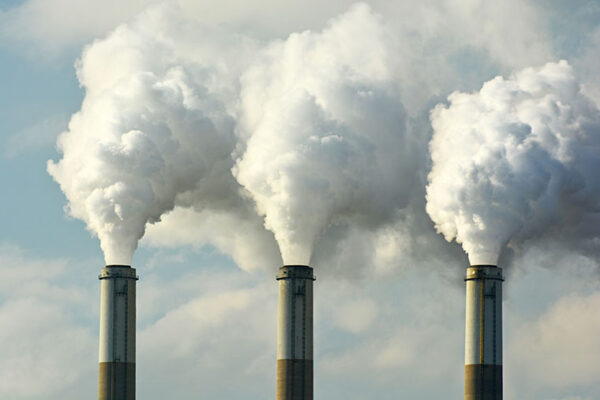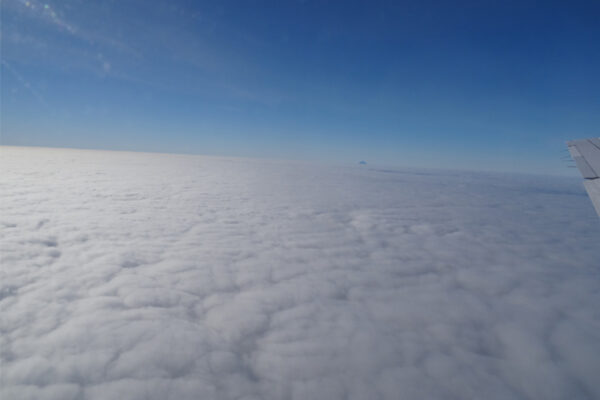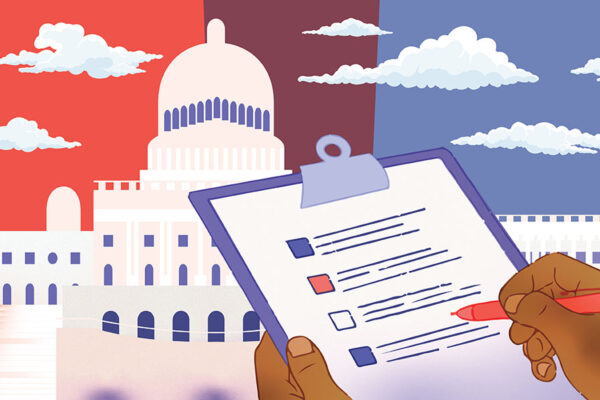Coastal lupine faces specific extinction threat from climate change
Tidestrom’s lupine is a delicate flowering plant that is part of a dune ecosystem along the west coast of the United States. Biologist Eleanor Pardini in Arts & Sciences has tracked Tidestrom’s lupine at the Point Reyes National Seashore in central California for more than 14 years.
ERCOT to blame for Texas blackouts, not renewables or fossil fuels
At the McKelvey School of Engineering at Washington University in St. Louis, the situation and the fallout that followed — the rolling or lasting blackouts, national attention, the termination of the energy group’s CEO — prompted Richard Axelbaum, Stifel & & Quinette Jens Professor of Environmental Engineering Science, and Phillip Irace, PhD candidate and NSF Graduate Student Fellow, to take a closer look.
Aerosol researchers turn toward COVID-19
Researchers at the McKelvey School of Engineering at Washington University in St. Louis are at the forefront of aerosol science. The Center of Aerosol Science and Engineering (CASE) conducts research from as high as 250 miles above Earth at the International Space Station all the way down to remote marine environments: their expertise ranges from the broadest scale to […]
When using pyrite to understand Earth’s ocean and atmosphere: Think local, not global
Scientists have long used information from sediments at the bottom of the ocean to reconstruct conditions in oceans of the past. But a new study from David Fike, professor of Earth and planetary sciences in Arts & Sciences, raises concerns about a common use of pyrite for this purpose.
Under climate stress, human innovation set stage for population surge
Anthropologist T.R. Kidder in Arts & Sciences published new research that shows that aridification in the central plains of China during the early Bronze Age did not cause population collapse. The results highlight the importance of social resilience to climate change.
Midwest-UK dialogue to examine collaborative climate action
The British Consulate-General in Chicago will partner with the Midwest Climate Summit for an online climate action dialogue March 3; the Washington University community is invited to attend.
Stop Saving the Planet!
An Environmentalist Manifesto
We’ve been “saving the planet” for decades!…And environmental crises just get worse. All this hybrid driving and LEED building and carbon trading seems to accomplish little to nothing—and low-income communities continue to suffer the worst consequences.
Law clinic’s work inspires federal bill
The School of Law’s Interdisciplinary Environmental Clinic’s 2019 report “Environmental Racism in St. Louis” is helping to shape new federal legislation.
Aerosol particles naturally form over the open sea
Research led by Jian Wang, professor of energy, environmental and chemical engineering at Washington University in St. Louis, uncovers a previously undocumented source of aerosol formation, which will improve climate models.
The first 100 Biden/Harris days
Faculty experts from across Washington University in St. Louis draw upon their research, their instruction, their experience and their thought leadership to proffer insight and ideas for the new administration, the new beginning.
Older Stories
